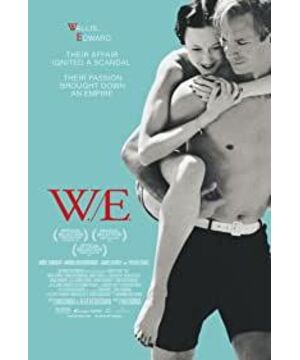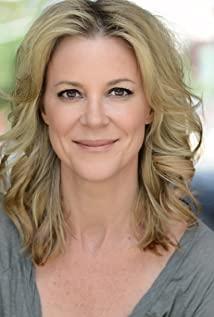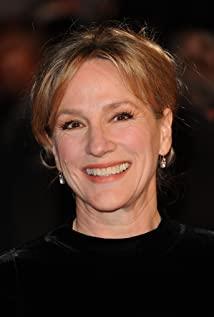Most people say that love is only a matter of one person. However, in every love experience, two people are a necessary condition. Whether the other party responds or is giving is directly related to one's giving and state of mind.
The core of this film is probably to rediscover this ordinary but extraordinary love from the perspective of the heroine of the love of the century. When almost everyone is envious of Wallis's good luck and contempt for how such a rambunctious American woman made a king who is in everyone's eyes relinquish the throne, the film says that no one has ever seen her sacrifice, from beginning to end , she is not a selfish recipient. From this point of view, the film is a success. Because every moviegoer will remember the red-lipped and blue-eyed woman standing by the window with black tears smothered by mascara, flowing down line by line, unspeakable loneliness and sadness, her body seems to be getting more and more thin.
The whole movie adopts a two-line structure, and uses the method of stream of consciousness to interject, so for those who do not know the specific storyline, the beginning of the movie is a little confusing, and it is easy to confuse the heroines of the two eras. Can't tell (at least I did). But once you start to enter the narrative, the two become much clearer, especially the sense of the times in clothing modeling and architectural decoration that distinguish the two faces. In fact, I think Wally's part is brilliant. Most women have a certain degree of fantasy about the romantic love in fairy tales, marrying a prince, and adding the words to live happily ever after at the end of the story. Wally pondered and immersed herself in a real-life fairy tale like the Duke and Duchess of Windsor, when she saw the love of the century more clearly from Cinderella's point of view in a marriage full of pain and lies that was envied by outsiders. , she felt that the past public opinion and history ignored Wallis, even a kind of disregard. Wally establishes a connection with her before everything related to wallis, and this connection deepens her understanding of love and the place of women in love again and again. The narrative pace and color of the two clues are consistent, as if a mirror-like self-peeping. The briskness at the end brings a touch of light to the whole film that is entangled in pain, and at the same time completes an ordinary person's reflection on a historical event with his personal experience.
Finally, I want to talk about this man who gave up the throne for love. The love between the two of them was covered with a political and secular gray because of their special status. I'm not 100% sure that Edward VIII's decision to abdicate was purely out of love, or that he was doing it himself to fulfill his quest for freedom, even though he didn't expect it to only make things worse. It is undeniable that this kind of giving up tugs at the heartstrings of all women, and is also scorned by all men. It's just that now, whether men or women, no longer believe in the existence of such people.
View more about W.E. reviews











